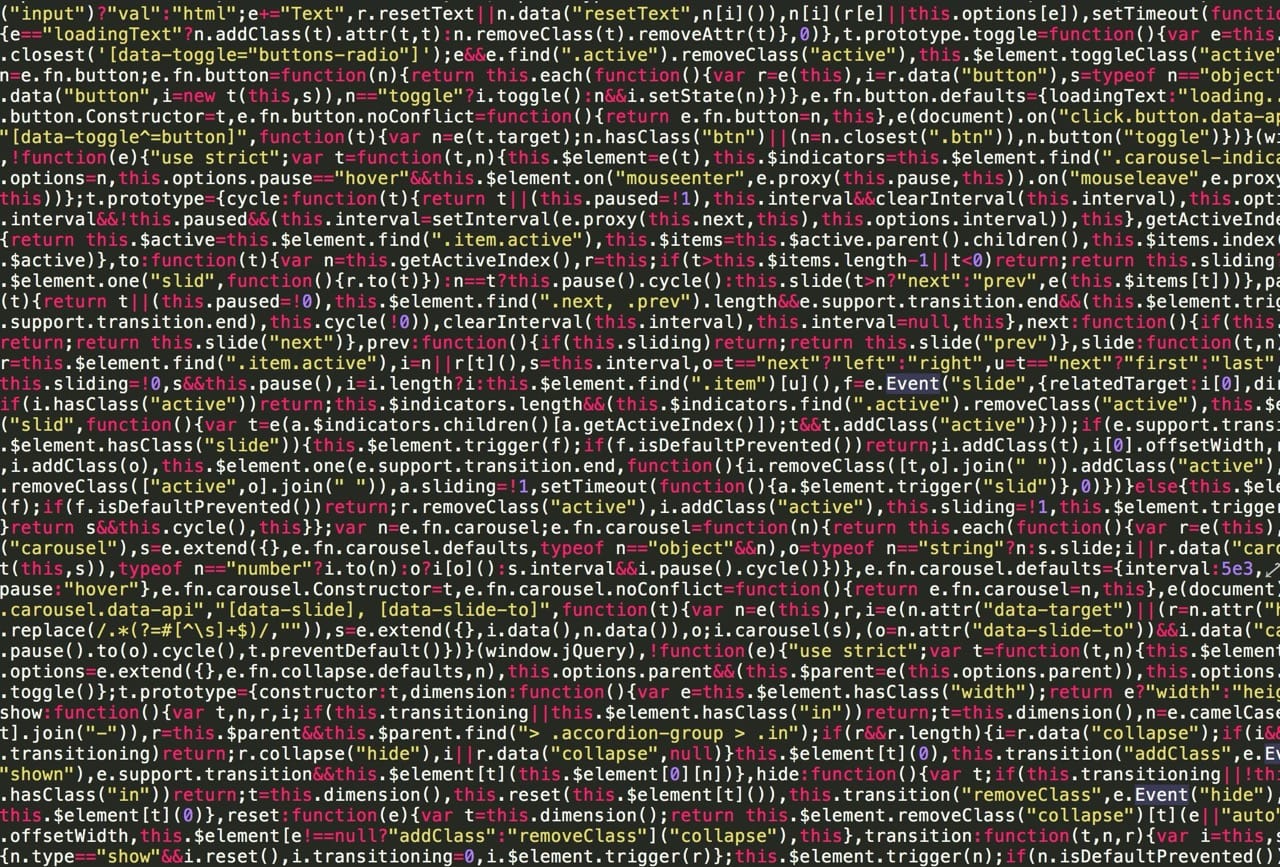When you are buying a used car, every penny counts. Between insurance quotes, road tax, and the purchase price itself, it is natural to look for a free car history lookup in the UK to save some cash.
If you search for a car checker online, you will see dozens of sites promising a “Free Car Check.” But here is the uncomfortable truth: In the automotive data world, “Free” has limits.
While a free car check is a great starting point, relying on it completely could leave you exposed to thousands of pounds in hidden debt or dangerous repair bills.
Here is everything you need to know about what you get for free, what you don’t, and when you should put your hand in your pocket.
The “Free” Data: What Can You See for £0?
When a website (including RapidCarCheck) offers a free report, they are pulling data primarily from the DVLA (Driver and Vehicle Licensing Agency). This is public government data. It is incredibly useful for verifying that the car exists and is road-legal, but it doesn’t tell the whole story.
A standard free car check usually includes:
- MOT Status & History: You can see if the car has a valid MOT, when it expires, and a history of previous passes and failures. This is crucial for spotting mileage discrepancies (clocking).
- Tax Status: Checks if the vehicle is currently taxed or SORN (Statutory Off Road Notification).
- Make, Model, and Colour: Verifies that the number plate matches the car standing in front of you.
- Year of Manufacture: Confirms the age of the vehicle.
- Engine Size & CO2 Emissions: Helps you calculate your future road tax costs.
- Export Status: Tells you if the car has been marked for export out of the UK.
The Verdict: A free check is excellent for the “First Glance.” If the car has no MOT or the colour doesn’t match, you can walk away without spending a penny.
The Danger Zone: What Is Missing from a Free Check?
This is where buyers get caught out. There are specific databases that charge fees to access. This includes data from finance companies, police records, and insurance databases (MIAFTR).
Because these databases charge us to search them, no legitimate company can offer this data for free without losing money.
A free car history lookup UK will NOT show you:
1. Outstanding Finance
This is the biggest risk. If a car has outstanding finance (e.g., a PCP agreement or Logbook loan), the lender still legally owns the vehicle. If the previous owner stops paying, the finance company can repossess the car from you, leaving you with no car and no money.
- A free check cannot spot this.
2. Stolen Status
Every day, cars are stolen and given false identities (cloning). To check if a car is marked as stolen, we need to cross-reference the Police National Computer (PNC).
- A free check cannot spot this.
3. Insurance Write-Offs (Cat S, N, A, B)
If a car was smashed in an accident and declared a total loss by insurers, it is recorded on the MIAFTR database. While some write-offs (Category N) are safe to buy if repaired, you need to know about the accident to negotiate the price and ensure it was fixed properly.
- A free check cannot spot this.
Comparison: Free vs. Comprehensive Checks
To make it easier to understand, here is a breakdown of the data difference.
| Data Point | Free Car Check | Full History Report |
| MOT History | ✅ Included | ✅ Included |
| Road Tax Status | ✅ Included | ✅ Included |
| Vehicle Specs (BHP/Trim) | ✅ Included | ✅ Included |
| Outstanding Finance | ❌ HIDDEN | ✅ Included |
| Stolen Check | ❌ HIDDEN | ✅ Included |
| Scrapped/Unscrapped | ❌ HIDDEN | ✅ Included |
| Insurance Write-Off | ❌ HIDDEN | ✅ Included |
| Mileage Anomaly | ❌ HIDDEN | ✅ Included |
| Guarantee/Warranty | ❌ None | ✅ Included (£30k Data Guarantee) |

